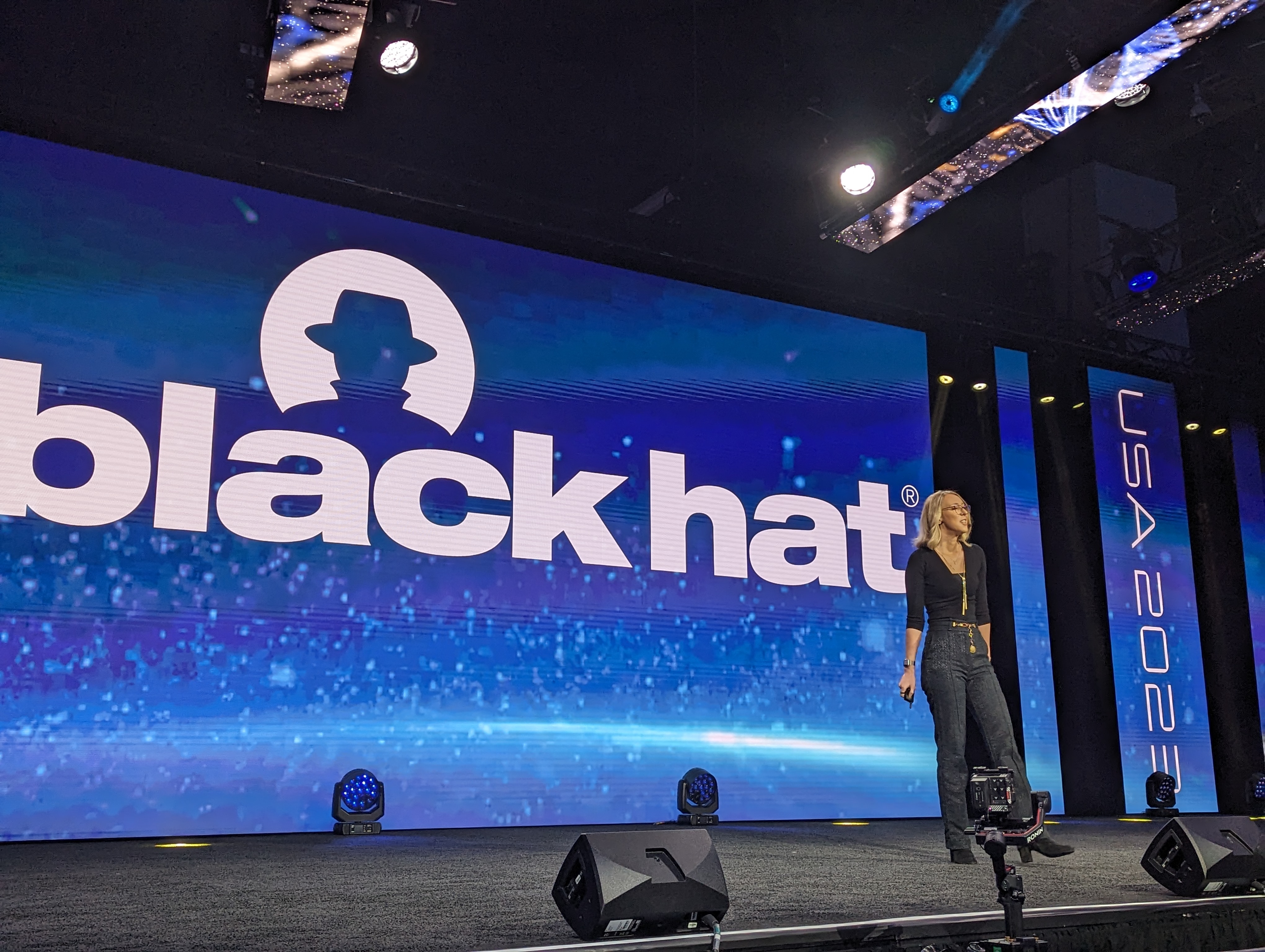The evolution of artificial intelligence (AI) and its impact on cybersecurity was a key topic of discussion at Black Hat USA this week. Maria ‘Azeria’ Markstedter, founder and CEO of Azeria Labs, emphasized that as AI advances and becomes more integrated into various industries, security practitioners need to be prepared for the changes it will bring.
According to Markstedter, the rise of AI is being driven by big technology companies competing to stay ahead. The recent release of OpenAI’s ChatGPT model has prompted a surge of interest and involvement from other companies. While Google had previously taken a more cautious approach, the introduction of ChatGPT has shifted the landscape and prompted a rush of activity.
Companies are investing significant amounts of money into AI, with the technology showing promise for generating substantial profits. However, Markstedter warned that corporate investments are rarely motivated by concerns for safety or security. This lack of focus on cybersecurity can hinder progress, as security measures often slow down development. Markstedter stressed the importance of creators taking responsibility for improving and securing AI technologies to prevent potential disasters.
The surge in popularity of ChatGPT has not gone unnoticed. Markstedter pointed out that the massive increase in its user base led some companies to restrict access to the platform. The black box nature of OpenAI raises concerns about sensitive data being included in the OpenAI dataset. Many businesses are hesitant to expose their sensitive data to external providers, even though integrating AI into their products and services is becoming increasingly important.
The rapid adoption of AI poses a challenge for security practitioners, as the technology is evolving quickly. Markstedter highlighted the changing use cases of AI, from a simple browser tool to an integrated component of infrastructure and even native to operating systems and mobile devices. This shift requires security practitioners to adapt and stay ahead of the curve.
One of the key issues surrounding AI and cybersecurity is the shortage of skilled professionals who can effectively assess AI systems and implement necessary security measures. Markstedter believes that new job roles will emerge from this gap in expertise. It is crucial that the industry fosters research and knowledge-sharing to address the emerging challenges brought about by AI.
In conclusion, Markstedter urged the cybersecurity community to embrace the opportunity to reinvent their approach to security. The integration of AI presents new challenges that require a collective effort to overcome. By studying and understanding these new systems, security professionals can develop innovative ways to protect against emerging threats.
The message from Markstedter was clear: the evolution of AI will impact cybersecurity in significant ways. As AI becomes more integral to various industries, security practitioners must be prepared to adapt and stay ahead of the curve. By addressing the challenges and opportunities that AI presents, the cybersecurity community can ensure that they are equipped to protect against emerging threats. Collaboration and research will play key roles in creating the necessary guardrails to safeguard AI systems and secure sensitive data.
